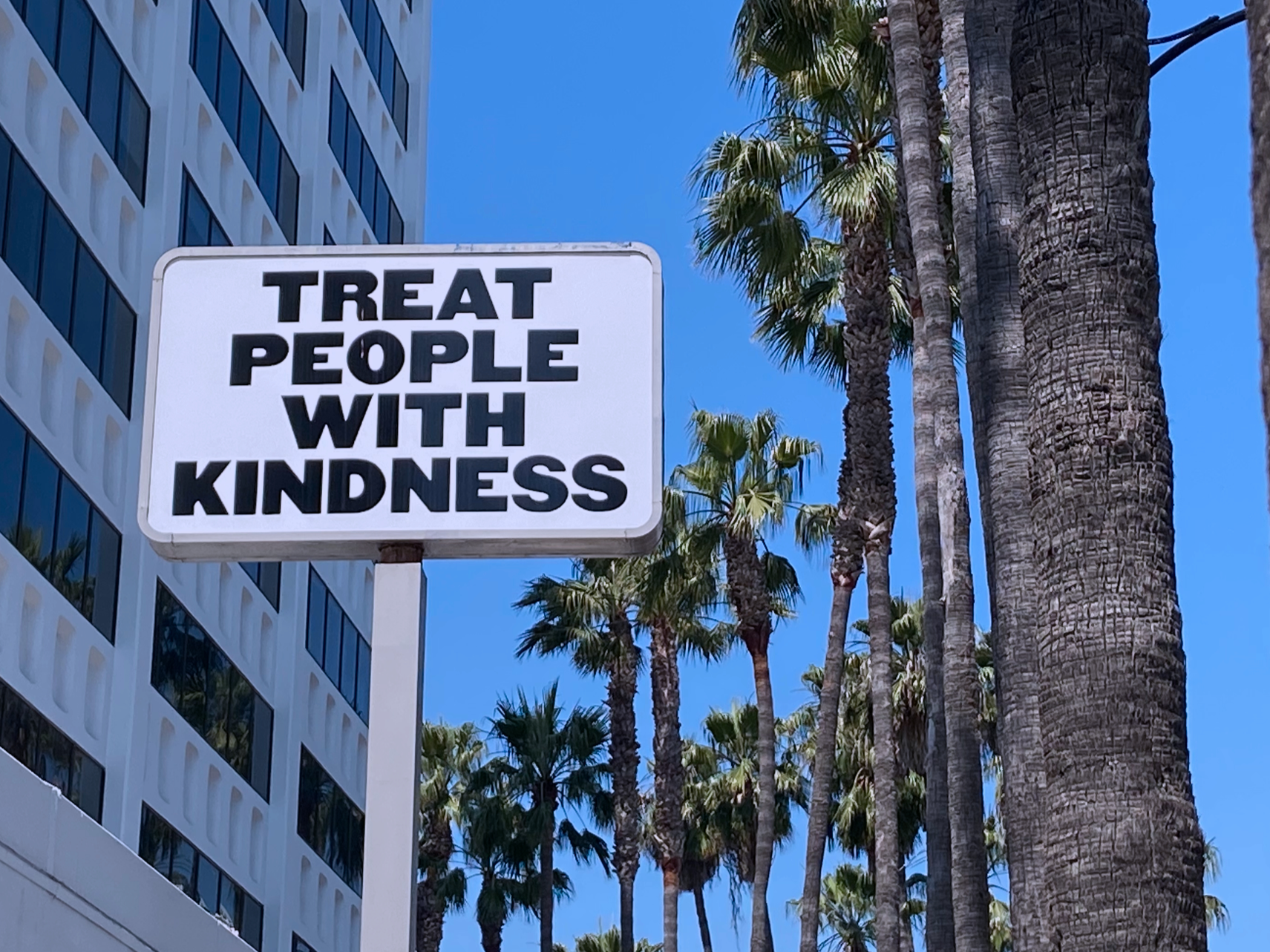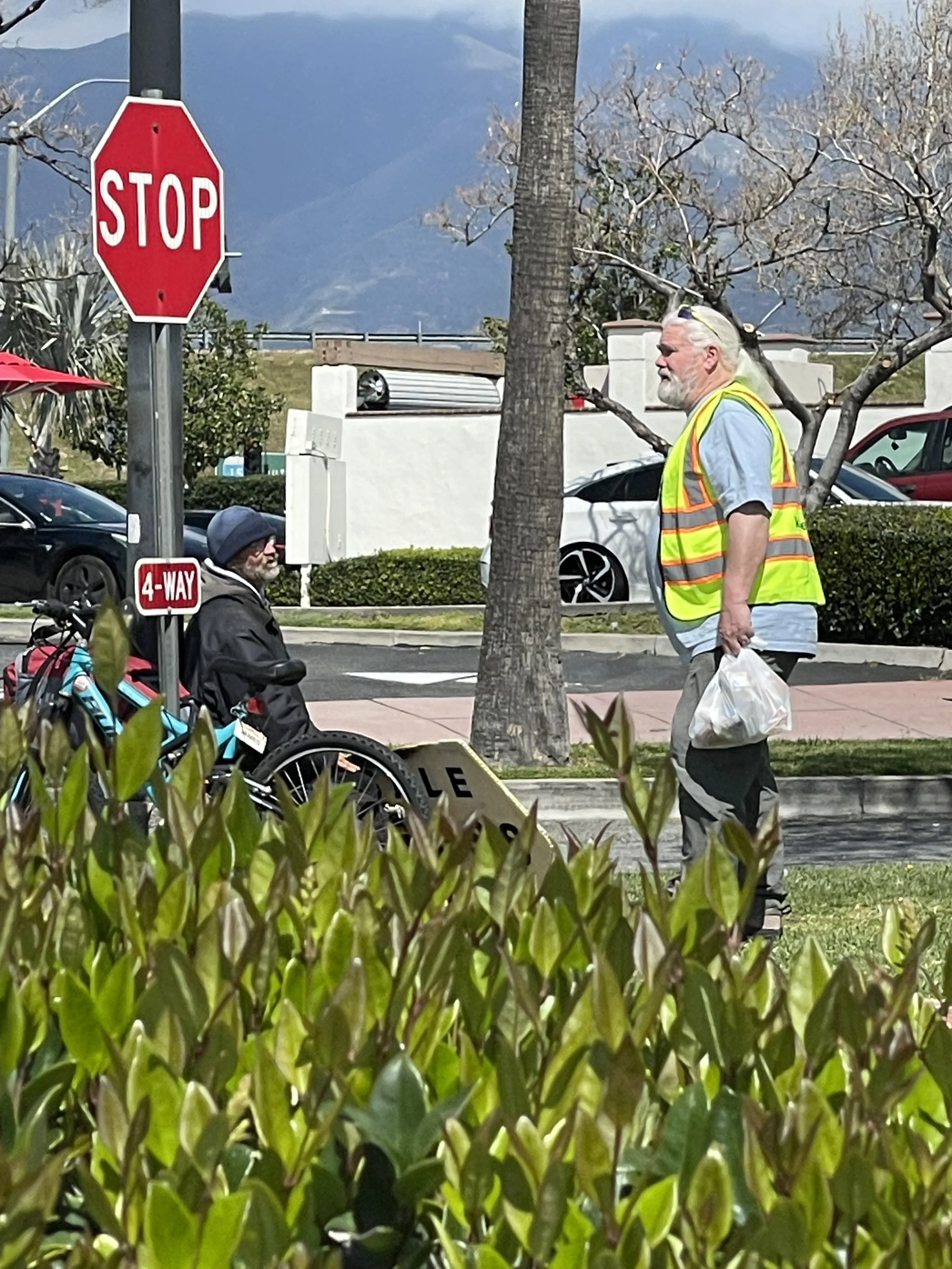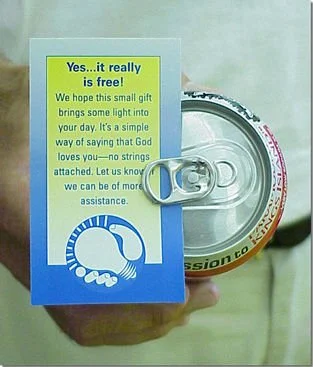
KINKindness Outreach Ministries exists to help everyday people live out the kindness of God in simple, practical ways that genuinely reach others.
We believe the kindness of God is more than a feeling—it’s something you do. Our focus is helping individuals, churches, and communities step outside their walls and serve real people in real moments, without pressure or strings attached.
See a need and meet it. Find a hurt and heal it.
Kindness Outreach equips people to notice needs, respond with generosity, and trust God with the outcomes. Whether it’s a small act of service, a simple gift, or a quiet prayer offered at the right time, these moments of kindness often open doors that arguments never could.
We see the kindness of God as an empowered doorway into the lives of our communities. Kindness outreach, whatever form it takes, is a chance for those served to experience the presence of God in bite sized ways.
Our work is intentionally hands-on and outward-focused. We create and support outreach opportunities that are:
• Simple and doable
• Relational rather than confrontational
• Rooted in humility, listening, and respect
The goal isn’t to impress people—it’s to love them well.
Whether you’re here to learn, serve, or support, you’re part of a movement that believes kindness still changes lives.
What People are Saying…
“The Church aimed outward is the way Jesus meant things to be all along. Steve is making the case for a no-frills, no-cuteness call to just that. I am excited to see what the coming days will be like.”
— Greg Laurie“Steve has been the pioneer in challenging the Church at large to look out and to live like Jesus for decades. He continues to challenge us beyond ourselves.”
— Rick Warren“Steve walks in what he writes – an unusual truth in today’s world. This is not theory – this is results.”
— Len Sweet



